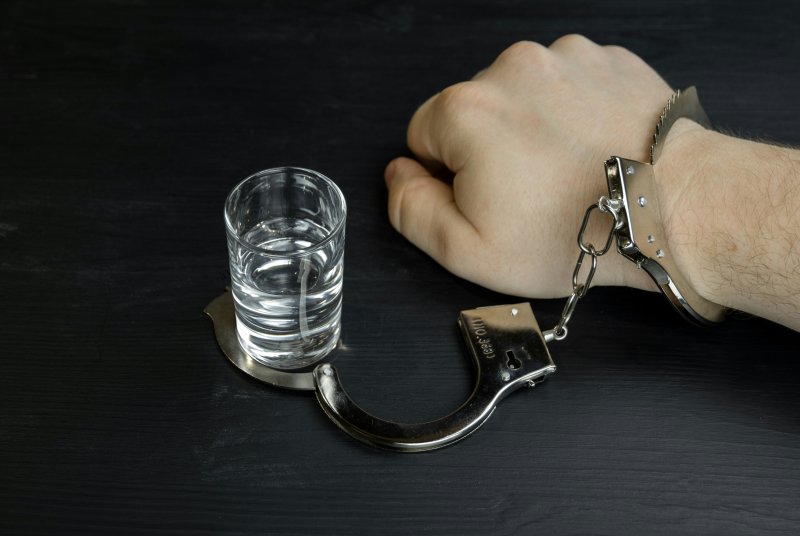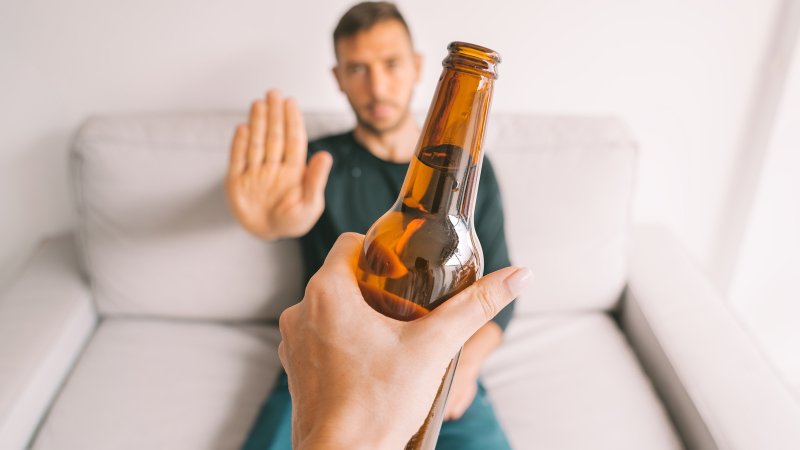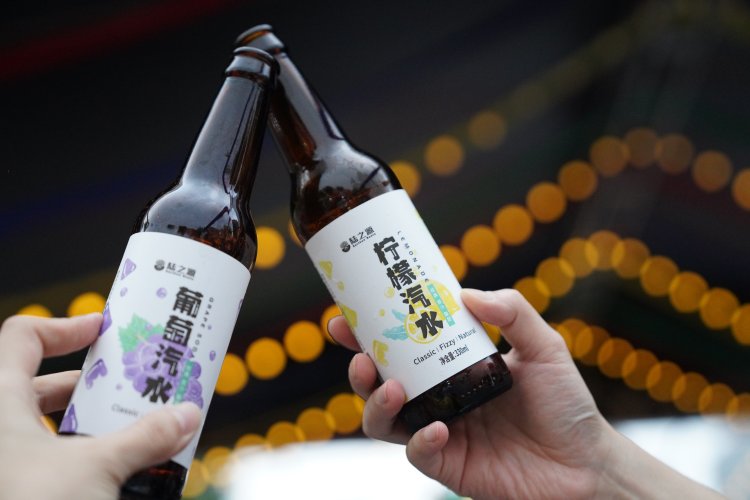A Solution to Addiction in Beijing: Alcoholics Anonymous
Drinking might seem like a major part of social life in China for expats and locals alike. Parties, events, and even simple get-togethers with friends could all involve alcohol in one way or another. It's near inescapable, which can be especially hard for those struggling with alcoholism.
It might be easy to say, “Just don’t drink if you don’t want to,” but in reality, that's a tall order when you take into account the nature of addiction. For some it's impossible to stop.
The WHO notes there are nearly 3 million deaths each year worldwide due to alcohol consumption. If you’re feeling the effects of alcohol addiction, it’s best to take action and not be part of this statistic.

There are ways to get help, even in Beijing. The best way is by joining the Beijing chapter of Alcoholics Anonymous (AA), which has been active in the capital since the 1980s.
We recently spoke with two AA members to learn more about the organization, who should join, and how they can do so.
Tell us a little more about AA and its significance in a place like Beijing.
AA is a fellowship of people who come together to share their experience, strength, and hope with one another. The goal is simple: to support each other in recovering from alcoholism. AA started back in 1935 in Akron, Ohio, USA, and since then, it has helped millions of people around the world reclaim their lives from alcohol addiction.
In a city like Beijing, where the expat lifestyle can often be isolating and overwhelming, AA offers a safe and supportive community for anyone struggling with alcohol. Living far from home can sometimes lead to increased drinking, and AA provides a space to connect with others who understand the challenges of both addiction and life abroad.
When did the first chapter of AA arrive in Beijing and how many offshoots are there today?
Small groups of two, three, and four began meeting in expats’ homes in the ‘80s. When I joined in 1993, there were five to seven members in Beijing meeting twice a week – Sundays at 11am and Wednesdays at 7am in members’ homes.
As the number of foreigners grew in the ‘90s, so did the AA Western/English-speaking membership grow. By the year 2000, there were about 30 regular members. With the membership growing, the number of meetings expanded from two meetings a week to four, adding Monday and Friday by the late ‘90s.

The first Beijing AA “12th step” call to a Chinese member was in August 2000. Shortly thereafter, AA meetings began in Chinese Hospitals – first in Beijing Liu Yuan Hospital, then Anding Hospital. These meetings were broadly supported by doctors Li Bing (Liu Yuan), and Guo Song (Anding). The first bilingual meeting of Chinese and Westerners began in the fall of 2000 in Jianguomen Wai DRC. The Saturday 7am bilingual meeting continues to this day.
When SARS broke out in 2003, our groups could no longer meet in hospitals, and members stopped holding meetings in their homes due to the risk of contracting the respiratory disease. For a short period of a few months, meetings continued in restaurants’ private banquet rooms on Sundays.
In late 2003, members of the Chinese and Western groups decided to find a permanent “clubhouse” to conduct meetings, sharing the costs of rent and misc. expenses. Since the English meetings were Monday, Wednesday, Friday and Sunday, the Chinese group took Tuesday, Thursday and Saturday.
Having a permanent space, and several newcomers, the English group added morning meetings at 7am five days a week. English-speaking membership in Beijing, at its peak (2008-2015), was roughly 70~80 members.
Today, with the growth of AA in Beijing, the number of Chinese members vastly outnumbers expat members.
Who is AA for? And who would you encourage to consider joining AA?
AA is for anyone who has a desire to stop drinking. If alcohol is causing problems with your family, friends, or work – or if you find yourself constantly wanting or promising to quit alcohol but just can’t seem to – AA might be worth checking out. There’s no pressure to commit; you can simply attend a meeting and see if it feels like a good fit for you. You might discover the solution you’ve been searching for.

In your experience, does expat life lead to more of a prevalence of alcoholism or does it exacerbate the situation?
In my own experience, yes, it can. When I first came to China, I was sober. But after a few years, the temptations of expat life started creeping in. I felt like I was far from home, so who would know if I had a drink? The problem was, I couldn’t hide from myself. It nearly destroyed me. Living abroad, away from the familiar, can sometimes amplify the loneliness and stress that lead people to start drinking more.
How can people join AA, and what’s expected of them once they've joined?
Joining AA is simple. The only requirement for membership is a desire to stop drinking. There are no dues or fees, and no one is obligated to do anything. What you will find is a community of people who once had a drinking problem and found a solution that worked for them. Alcohol itself isn’t the enemy, but for some of us, it can become a destructive force. If you’re tired of drinking and feel like you can’t stop on your own, come and give AA a try. The worst that can happen is you decide it’s not for you – and that’s okay.
How can people find out more about Beijing AA?
For more information, you can check out our website at www.aabeijing.com. We have English-speaking meetings every Monday, Wednesday, Friday, Saturday, and Sunday. We also offer beginners' meetings on Mondays. Feel free to stop by and see what it’s all about!
READ: The Solo Beijing Life: Romanticizing Solitude
Images: Shutterstock, Unsplash


